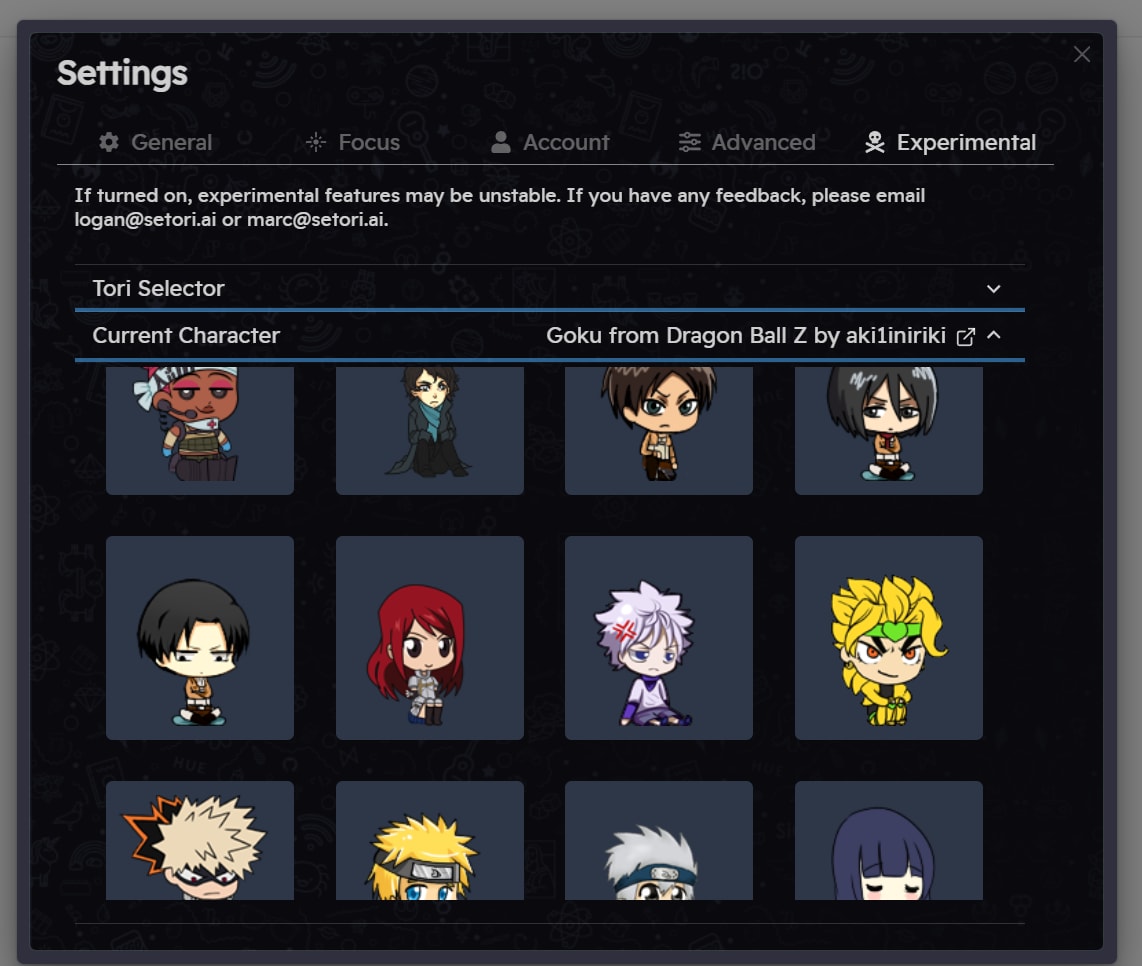Motivation, discipline, willpower, the ability to emotionally regulate enough to achieve your goals - whatever you want to call it - in practice there is a unique recipe for each person to get them "fully motivated and doing the work" to chase their dreams.
Figuring out what works for you, sometimes costs more energy than you have and so "plugging enough leaky holes" so you can focus becomes difficult or nigh impossible.
Often times in the moment, it is hard for an individual to pull themselves up by the bootstraps. With AI, you can do something called "just in-time interventions" to help you get back on track when you fall off, for example:
A reminder of your goals or time wasted
An inspiring quote
A breathing session
A call with a friend
Imagine an ai partner that learns to apply the right "just-in-time interventions" that you need, a swiss army knife as a friend:
Proactively motivating you
No shame from being judged, your partner is an extension of you
Quests to level up
Helps you focus with friends
Emotional accountability fostered through a rich visual, deep, long term relationship
Techniques from literature (Deep work, Atomic Habits)
Techniques form scientific literature (CBT, Huberman Protocol, Wim Hoff)
Inspiration from anime, manga, books, tv, real life.
Why 2D? Humans are necessarily visual creatures and therefore a visual AI is better than a non visual one. This is especially true for emotional connections. Lastly 2d is easier than 3d. Its a great place to start.
Thesis:
Here are some stats:
Finally, you can pick your own for now:

You can try it out here:
https://chromewebstore.google.com/detail/tori-alpha/aoakkahlldbnibbggnkfkjekalepfkbj
The proof is in the pudding!